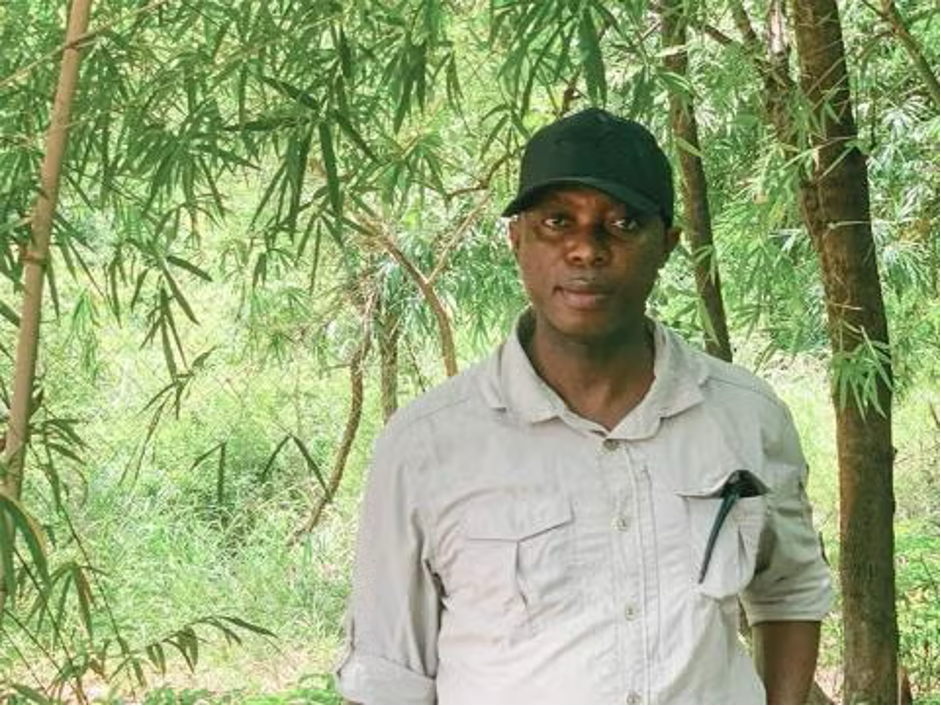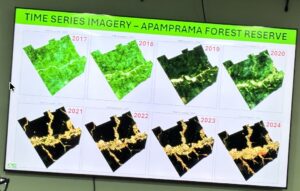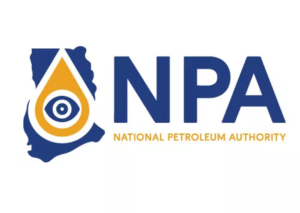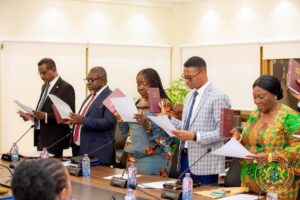
Photo:Dr. Hugh Clement Adokwei Brown, Chief Executive Officer of the Forestry Commission
• After 107 Forest Plots Handed Out Like Candy
In what critics have described as a brazen betrayal of Ghana’s conservation agenda, the Chief Executive Officer of the Forestry Commission, Dr. Hugh Clement Adokwei Brown, is facing fierce backlash after signing off a massive commercial logging deal in a Globally Significant Biodiversity Area (GSBA) within the Tano Offin Forest Reserve—a move that has now prompted emergency intervention from the Ministry of Lands and Natural Resources.
The deal, approved on June 4, 2025, authorised Supremo Wood Processing Limited to harvest timber across 107 compartments—the largest such allocation to a single company in Ghana’s forestry history. The area was previously under permanent protection status due to its critical ecological value.
Minister Orders Immediate Halt
In a sharp and unexpected twist, the Minister for Lands and Natural Resources, Emmanuel Armah Kofi Buah has issued a formal directive suspending and revoking all such Timber Utilisation Contracts (TUCs) within GSBAs nationwide, ordering a complete cessation of operations in all affected zones.
“You are to immediately suspend all activities and operations in declassified GSBAs under existing TUC allocations,” the directive stated.
“Revoke all TUCs granted within GSBAs with immediate effect… and submit a comprehensive report within seven working days confirming full compliance.”
The directive effectively nullifies Dr. Brown’s controversial approval and signals a major course correction following mounting public pressure.
A Direct Contradiction to Protection Mandate
Internal documents obtained by The Hawk show Dr. Brown authorised the logging deal based on a quiet “reclassification” of the GSBA into a production zone—purportedly done with the Minister’s blessing. But with this new reversal, that justification has been brought into question.
In his letter approving Supremo Wood, Dr. Brown wrote:
“Following the reclassification of parts of the GSBA… approval is hereby granted for the adoption of the report’s recommendations as the foundation for operational planning.”
He then directed the company to pay $124,120 in timber rights fees—equivalent to $1,160 per compartment—for access to an ecologically sensitive reserve meant to remain untouched.
Civil Society Calls Foul
Environmental groups and forestry experts have decried the move as a catastrophic breach of public trust.
“This is not just business as usual—this is environmental sabotage,” said a senior official at the Forestry Commission, speaking on condition of anonymity. “Handing 107 compartments to one firm, in a sensitive biodiversity zone, destroys the credibility of our forest protection regime.”
Others noted the glaring disparities in treatment, with multiple licensed operators struggling to access even one compartment.
“What explains the red-carpet treatment for one firm while others are denied access entirely?” a former regional director asked.
Forestry Commission’s Shifting Defence
When The Hawk previously reported on forest entry permits being handed out in other protected reserves, the Forestry Commission’s Joyce Kwarfo, Head of Corporate Affairs, deflected responsibility, arguing that the Commission only issued permits after the Minerals Commission had licensed mining activities.
But in this case, mining was not involved. The Forestry Commission alone initiated and signed off on the timber contract—removing any ambiguity about where responsibility lies.
Mounting Pressure for Accountability
Critics are calling for a full-scale investigation by Parliament’s Natural Resources Committee into both the GSBA reclassification and the exceptional privileges given to Supremo Wood Processing Limited.
“We are past the point of polite outrage,” said Benjamin Nsiah, of CEMSE “This is a coordinated dismantling of Ghana’s forest protection laws. If this does not trigger accountability, nothing will.”
The Minister’s intervention, while welcomed, is being seen as only a first step. Civil society is demanding transparency on who authorised the reclassification, how the beneficiary company was selected, and whether public officials stand to benefit.
A Forest on the Brink
The Tano Offin Forest Reserve is part of Ghana’s last remaining green lungs—rich in wildlife, a critical carbon sink, and home to endangered species. It was specifically classified under the High Conservation Value system to shield it from precisely the kind of exploitation now being reversed.
Until a full audit is undertaken and stricter oversight mechanisms installed, conservationists warn that this episode may not be the last.






